This article will go through the various types of fertilizer to find the best fertilizers for indoor plants and also best kid-safe fertilizers. Before getting our hands dirty, it’s essential that we understand what fertilizer is?
Fertilizer is a substance added to soil to provide sustenance for plants, whether natural or synthetic. Plants, like humans, require sustenance to thrive. Initially, ordinary soils contain nutrients that plant roots utilize to produce plants, but the plant consumes and depletes all the nutrients in its soil after a while. As a result, we must apply fertilizer to the soil for the plant to continue growing. To better understand these fertilizers, we can divide them into two categories: natural fertilizers and synthetic or chemical fertilizers.
Natural Fertilizers
Natural fertilizers provide nutrients and improve water storage capacity and water absorption and provide more organic materials overall. Natural fertilizers usually include both animal and plant types.
Manure Fertilizer
Animal feces, sometimes known as livestock manure, is one of the most widely used natural fertilizers. Manure fertilizers include dung from chickens, sheep, and cows. Animal manures offer several advantages, including the fact that they are natural and hence do not affect the environment, though they also have drawbacks. Because animal manures have a strong odour, they are rarely employed in indoor gardening. Furthermore, some of them, such as cattle and sheep dung, carry plant-harming weed seeds and bugs. It means that this kind of fertilizer is not the best fertilizer for indoor plants.
Note: Fresh cow manure usually has many weeds and germs. That is why we have to let it dry and rot before applying it in our garden. Wet cattle manure may cause the plant to dry out, so always remember to use rotten animal manure.
Vermicompost
Another popular fertilizer is vermicompost. This is also an animal-based fertilizer. The name of this fertilizer is derived from the words vermi, meaning worm, and compost, meaning organic fertilizer. There are special worms that consume manure or organic wastes to produce vermicompost fertilizer. The most famous of these worms is the red worm Eisenia fetida.
Vermicompost is a good option for home gardening as well as gardening for children and teenagers due to its many benefits. For instance, vermicompost:
- has enough nutrients for plants.
- has good water absorption.
- is reasonably priced.
- is relatively clean.
- is odourless.
Another advantage of vermicompost fertilizer is that children can produce it indoors as a gardening activity in itself. All you need to do is buy some Eisenia fetida worms and ask the children to separate their wet and natural waste and give them to the worms to consume. In this way, in addition to producing free natural fertilizer at home, children learn how to separate different types of waste.
By understanding the advantages of vermicompost fertilizer, we can conclude that it is a kid’s safe fertilizer and also one of the Best fertilizers for indoor plants.
Plant-Based Fertilizer
One of the most well-known plant fertilizers is compost or plant compost. Compost is made from the leaves and stems of rotten plants as well as wet waste. Waste such as tea grounds, fruit skins, vegetables, and eggshells can be used to make compost and vermicompost.
The good thing about compost is that it can be made from wet waste and, therefore, costs nothing. Additionally, it is environmentally friendly through its recycling of garbage. However, it bears certain disadvantages as well, notably its foul odor. overall we can conclude that this is a kid-safe fertilizer but it would be better to be used for kids outdoor gardening.
Chemical Fertilizer
Chemical fertilizers are produced in factories. These fertilizers are available in both liquid and powder forms. Powder fertilizers must be dissolved in water to be used in the irrigating process. Chemical fertilizer is usually odourless and very easy to apply. Its best advantage is that it causes plants to grow far quicker than otherwise, though its drawback is that it can negatively impact the environment if used improperly. In fact, overuse of these fertilizers can lead to chemicals entering the groundwater via soil; this contaminated groundwater can cause the death of other organisms.
Chemical fertilizers are commonly used to care for houseplants because applying them in pots avoids environmental damage. These fertilizers accelerate plant growth and, as they do not have a bad smell, they are suitable for indoor application, making them one of the best fertilizers for indoor plants. Among the most popular of these fertilizers is NPK 20-20-20 fertilizer.
Note: Just as overconsumption of food is harmful to humans, excessive fertilization is also harmful to plants.
Note: Do not let kids eat NPK fertilizer in powder or liquid form. Eating too much NPK is toxic.
Activity: Feel the Power of NPK fertilizer
To better understand the power of NPK fertilizers, let’s do a simple experiment. To start, we need two plastic pots. Pour raw (unenriched) cocopeat into both pots. Then sprinkle the same amount of cress seeds on the coco peats and water them. Be sure to use cocopeat for this experiment as cocopeat has no nutrients and, therefore, the effect of fertilizer can be observed alone. Prepare an NPK 20-20-20 fertilizer. Once the plants have germinated, wait two weeks for the plants to grow. Dissolve the NPK fertilizer with a concentration of 1 per 1,000 (or the concentration written on the package) in water. Next, irrigate one of the pots with fertilizer and irrigate the second pot with water only. Repeat this up to three times every fourteen days. Now compare the two pots. Can you observe the power of NPK fertilizer?
To learn more about planting cress seeds procedure read how to plant the seeds indoor article.
Conclusion
If you are planning to take up indoor gardening, the best fertilizers for indoor plants are NPK and vermicompost fertilizers. However, if you want to do gardening outdoor, depending on your interests, you can use all kinds of fertilizers, including composts, animal manures, vermicompost, or NPK fertilizers. You can also use these fertilizers for kids gardening activities. The best fertilizer for indoor kid gardening is NPK fertilizer; however, it is not safe. If you cannot monitor the kids during the gardening process, using kid-safe fertilizers like compost or vermicomposts would be much better.
If you interested in buying fertilizer or other kids’ gardening fertilizer, you can purchase them from Amazon web site.

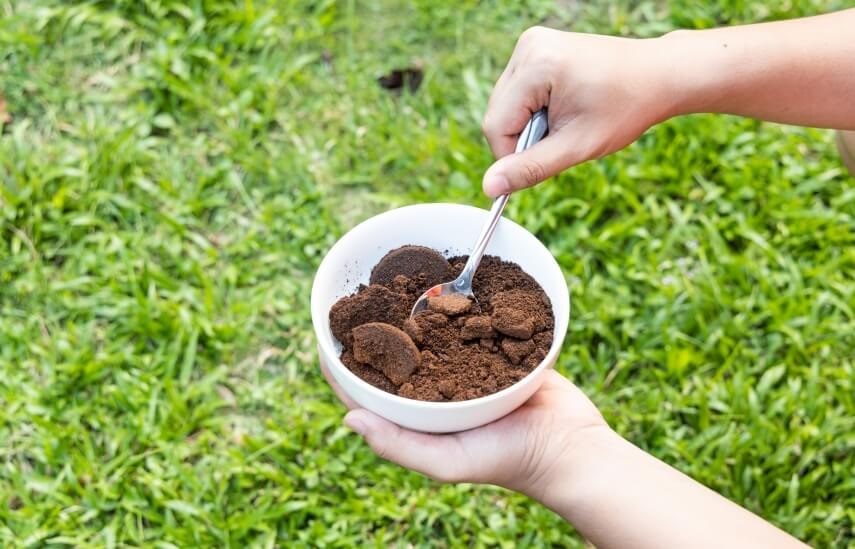
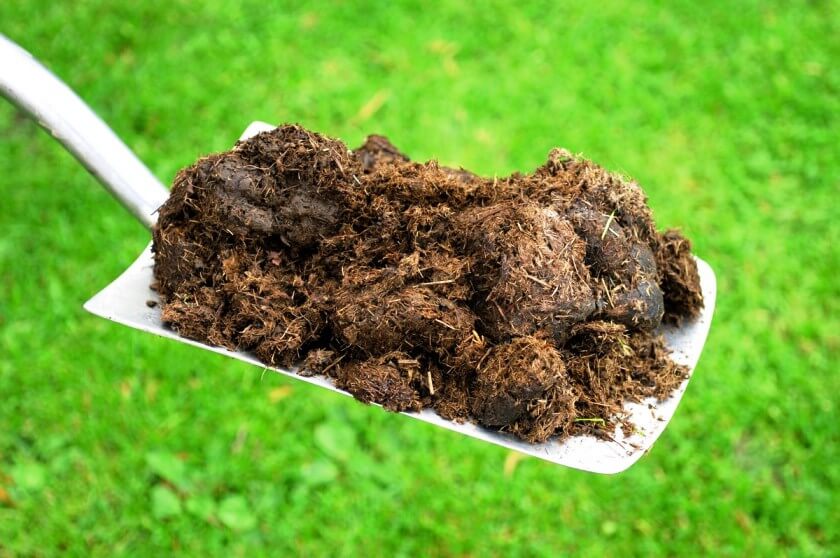
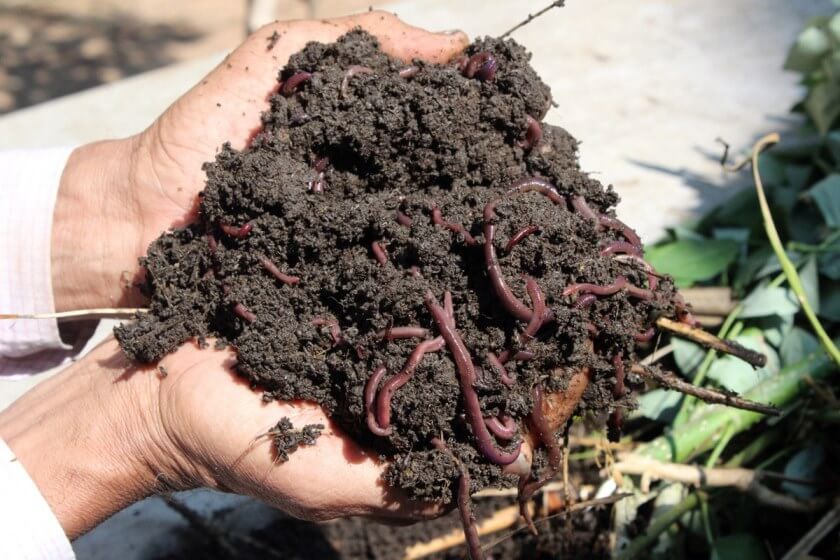
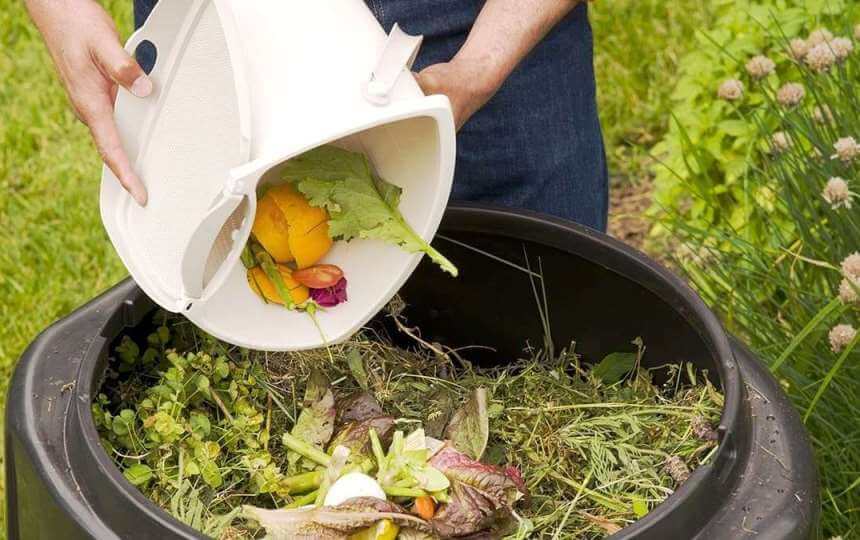
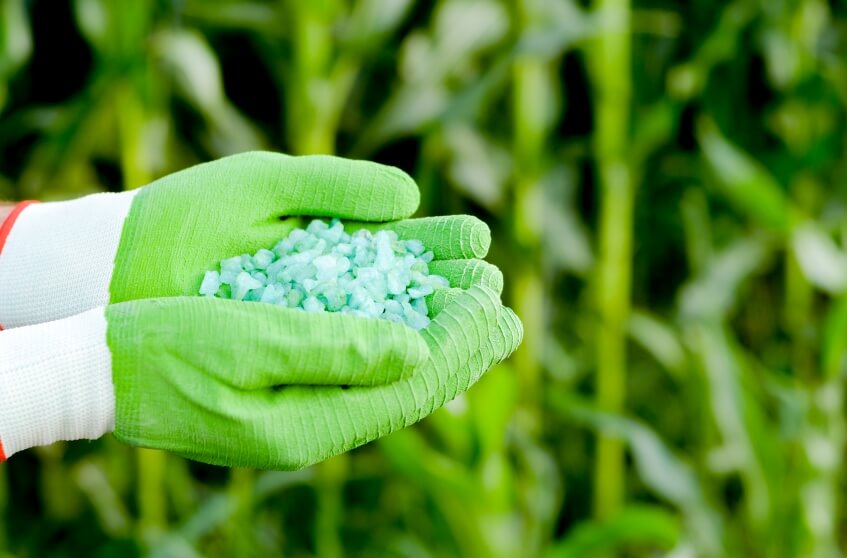
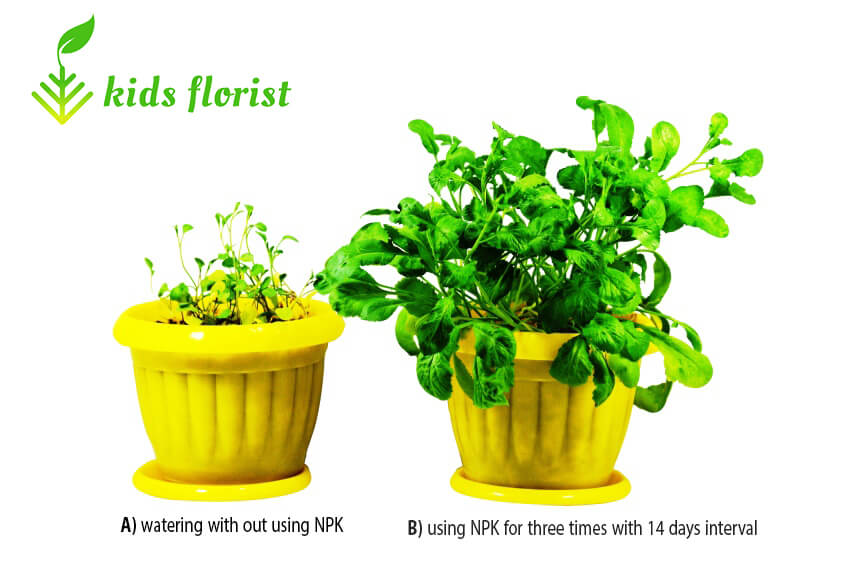
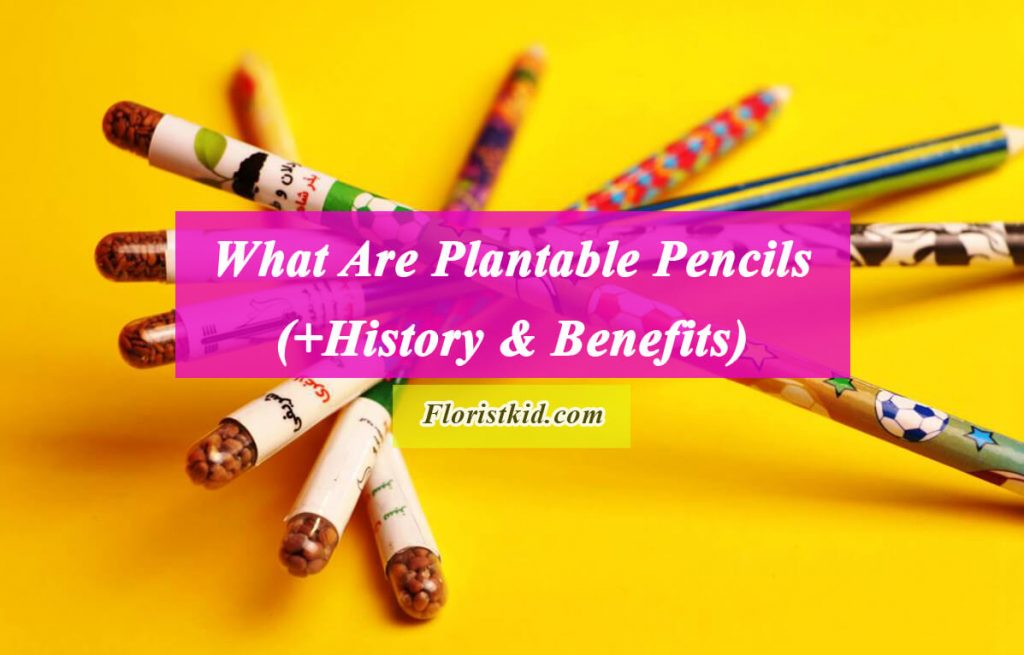
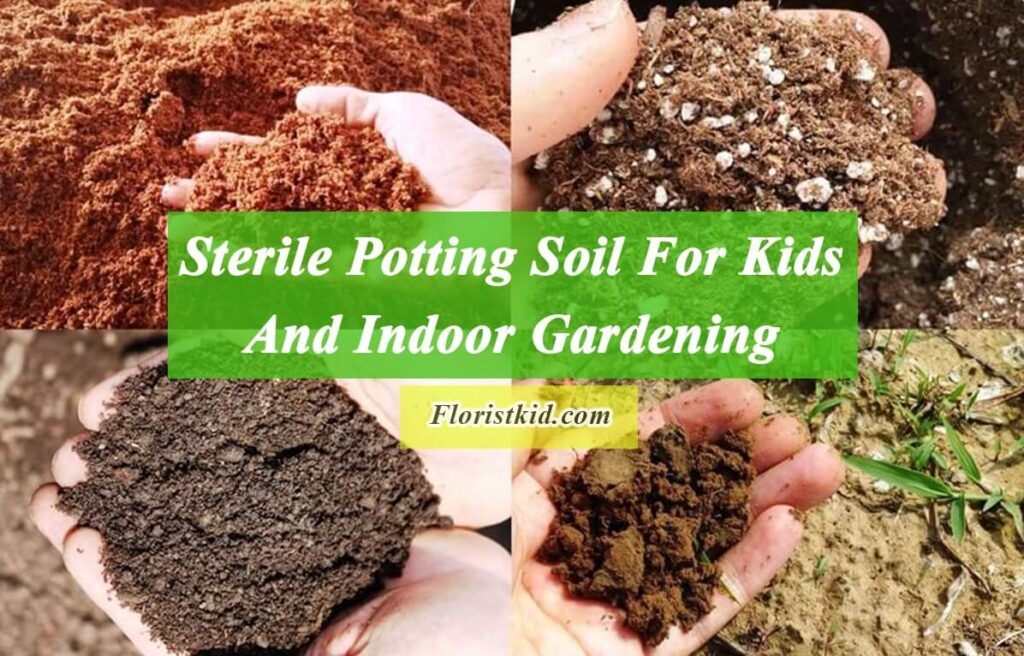
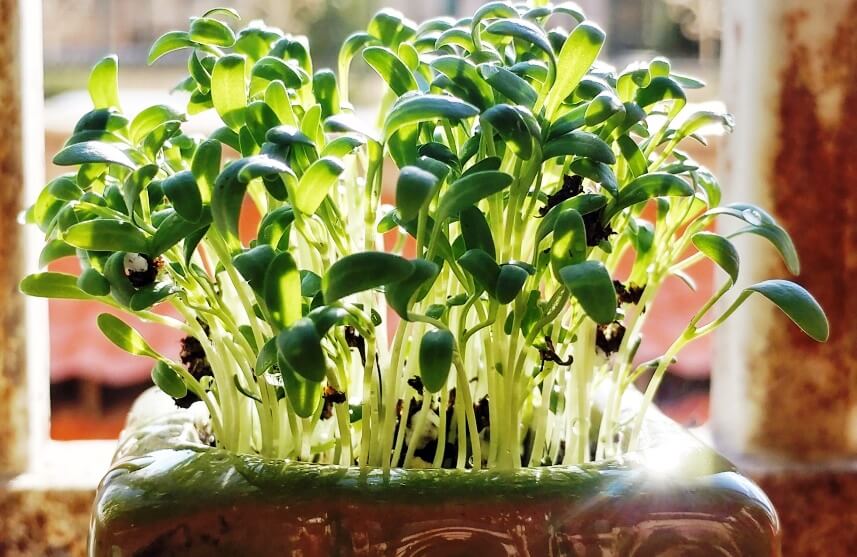
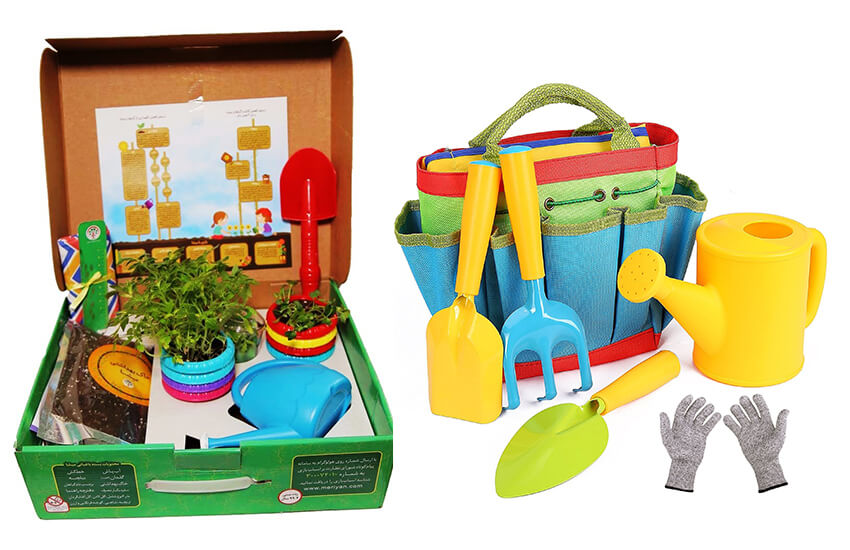
I never use maximum dosage of fertilizer on my indoor plants because I am not pushing growth or feeding for a large yield or aiming for a specific bloom date like I might with outdoor plants. Fast growth isn’t always the best growth, and it’s not preferred in many plants because the tissue is fragile, therefore I don’t see the use in unsing fertilizers alot
For foliage plants, I use Dyna Gro Foliage Pro, and for plants with flowers, I use Dyna Gro Bloom.
Every time I water, I use a quarter strength solution, with the exception of when I water in the shower or sink with tap water, both for the minerals (I generally use distilled) and to rinse off the leaves.